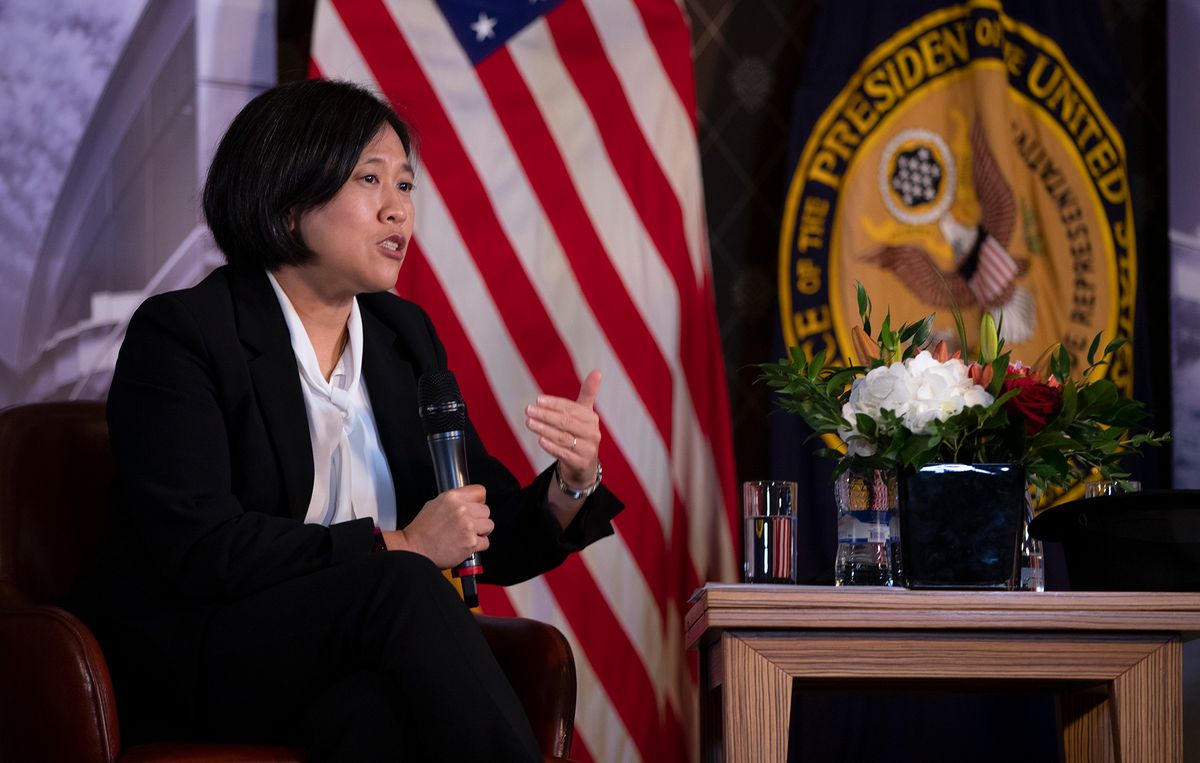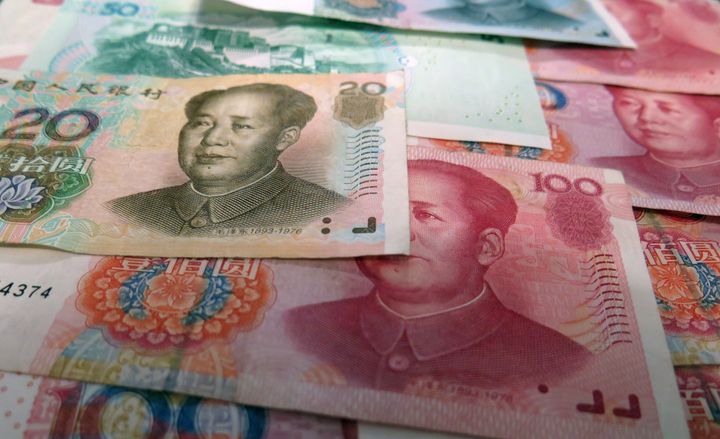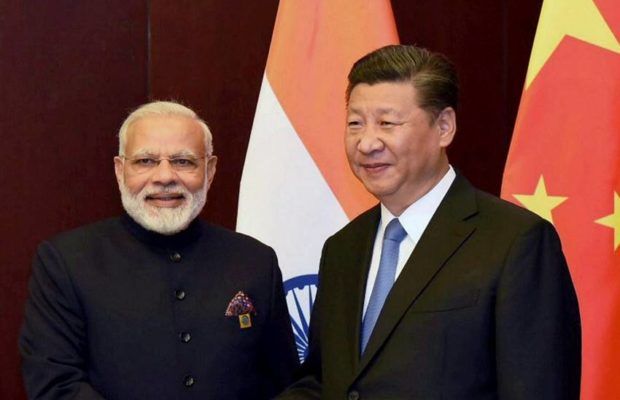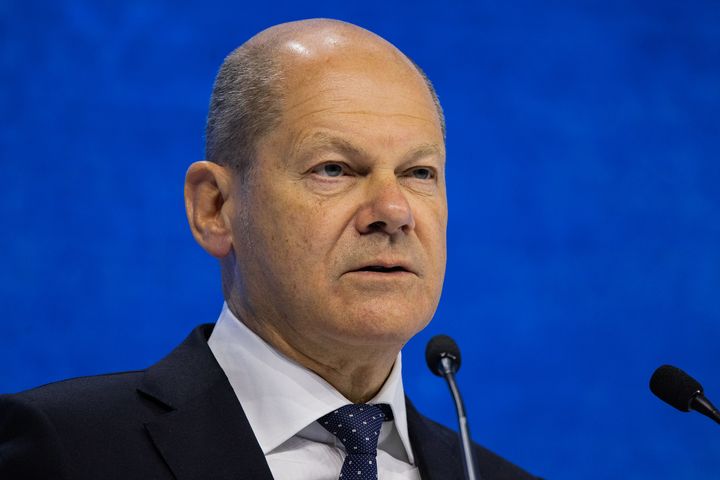US Trade Rep Pushes for Stronger Alliances to Counter China

The Lede: U.S. Trade Representative Katherine Tai has justified the Biden administration’s reluctant approach to free trade agreements while delivering a policy speech at American University's Washington College of Law. Instead, she claims that the focus should be on easing non-tariff barriers, which would benefit workers, supply chains, and the U.S.'s ability to compete with China amid intensified trade relations.
What we know:
- Tai said she is beginning to alter opinions in Washington that the conventional method of reducing tariffs is no longer effective in today’s global economy and is “nearing a consensus” with her counterparts “on the need to do things differently."
- Past deals, Tai noted, that were focused on “aggressive liberalization and tariff elimination” resulted in overdependency on China for critical minerals, not only for the U.S. but for other counties as well. As a key player in the market, China is responsible for refining 68% of the world's nickel, 40% of copper, 59% of lithium, and 73% of cobalt. China also has a crucial role in later stages of the supply chain, such as manufacturing battery cell components, based on a report from Results for Development (R4D) and the Brookings Institution.
- Tai stressed the significance of countering China's "economic mercantilism" by making strategic investments at home and improving collaboration with similar economies to establish a more equitable and sustainable future – something that has been often described as “friend-shoring.” Tai cited the Indo-Pacific Economic Framework (IPEF) and the U.S.-EU Trade and Technology Council as models of trade agreements that concentrate on tackling non-tariff barriers such as regulatory, environmental, food safety, labor, and digital economy issues.
- In favor of her claims, Tai mentioned that the removal of regulatory barriers permitted American farmers to export potatoes to Mexico. The U.S. potato industry forecasts that it will create a market worth $250 million per year within five years. This is a significant rise from the current export value of $60 million, according to the U.S. Department of Agriculture.
- The Biden administration also aims to collaborate with allies to reform the World Trade Organization (WTO), which has been incapacitated for over three years since its top appeals court stopped functioning after the U.S. blocked the appointment of new judges. The U.S. and others have criticized the WTO for being unequipped to handle China's fast-paced economy that’s under the control of the Chinese Communist Party (CCP).
The background:
After World War II, one of the key principles of U.S. trade policy was the belief that increased global trade would reduce tensions among countries and promote peace. The theory was that nations that did business with each other would be less likely to go to war. But recent events have greatly challenged the idea. As Tai said, “Putin’s decision to invade Ukraine flies in the face of how we thought things would work.” China’s rise as a global economic power and supply disruptions during COVID also highlighted the need for moving away from the conventional approach of liberalizing trade agreements.
Under former President Donald Trump, the U.S. adopted a protectionist stance on trade, imposing tariffs on a range of imports from China, Europe, and other countries. The Biden administration has retained some of these policies, including the tariffs on Chinese imports, as well as the Buy American provisions that require federal agencies to prioritize U.S.-made products in procurement. These policies have created tension with traditional U.S. allies, particularly in Europe, which have long been proponents of free trade. The Biden administration's emphasis on Made-in-America manufacturing has also led to concerns about the impact on global supply chains, which are increasingly interconnected.
Now, U.S. Trade Representative states that Washington is committed to collaborating with its allies to establish a more equitable global trade system.
Likely outcomes/Takeaway:
- Tai’s trade policy approach seems to prioritize protecting American workers from competition that is considered unfair rather than emphasizing the opening up of global markets. On the one hand, it could limit the ability of American companies to compete in international markets and could reduce the overall benefits of free trade. But on the other hand, it could lead to the creation of more jobs and the growth of domestic industries, which could benefit American workers and the U.S. economy in the long run.
- By collaborating with allies to establish a more equitable global trade system, the U.S. could reduce its dependence on China for critical minerals and strategically invest in its own supply chains. Through addressing non-tariff barriers and promoting fair competition, the U.S. could ensure that its businesses and workers are not unfairly disadvantaged in the global market.
Quotables:
- "We are writing a new story on trade, one that makes us more resilient, our economy more sustainable, and our results more inclusive... Trade policy cannot solve all the wrongs in the world, but it can help more people both at home and abroad share the benefits of increasing economic growth." – USTR Katherine Tai.
- “Given China’s economic aggression throughout the world, I think the president’s moratorium on free trade agreements hurts America’s economy and weakens our influence throughout the world.” – Kevin Brady, Republican who served as the U.S. representative for Texas's 8th congressional district from 1997 to 2023.
- “The EU has always supported free trade and this is a good thing. But now, we see that non-democratic powers are trying to use it against us.” – Kristjan Järvan, the Estonian minister for entrepreneurship.
Good Reads:
To Counter China, US Trade Rep Seeks Closer Ties to Allies (Diplomat)
Europe First: Brussels gets ready to dump its free trade ideals (Politico)
Biden trade rep says US, allies working to counter unfair Chinese competition (The Hill)



